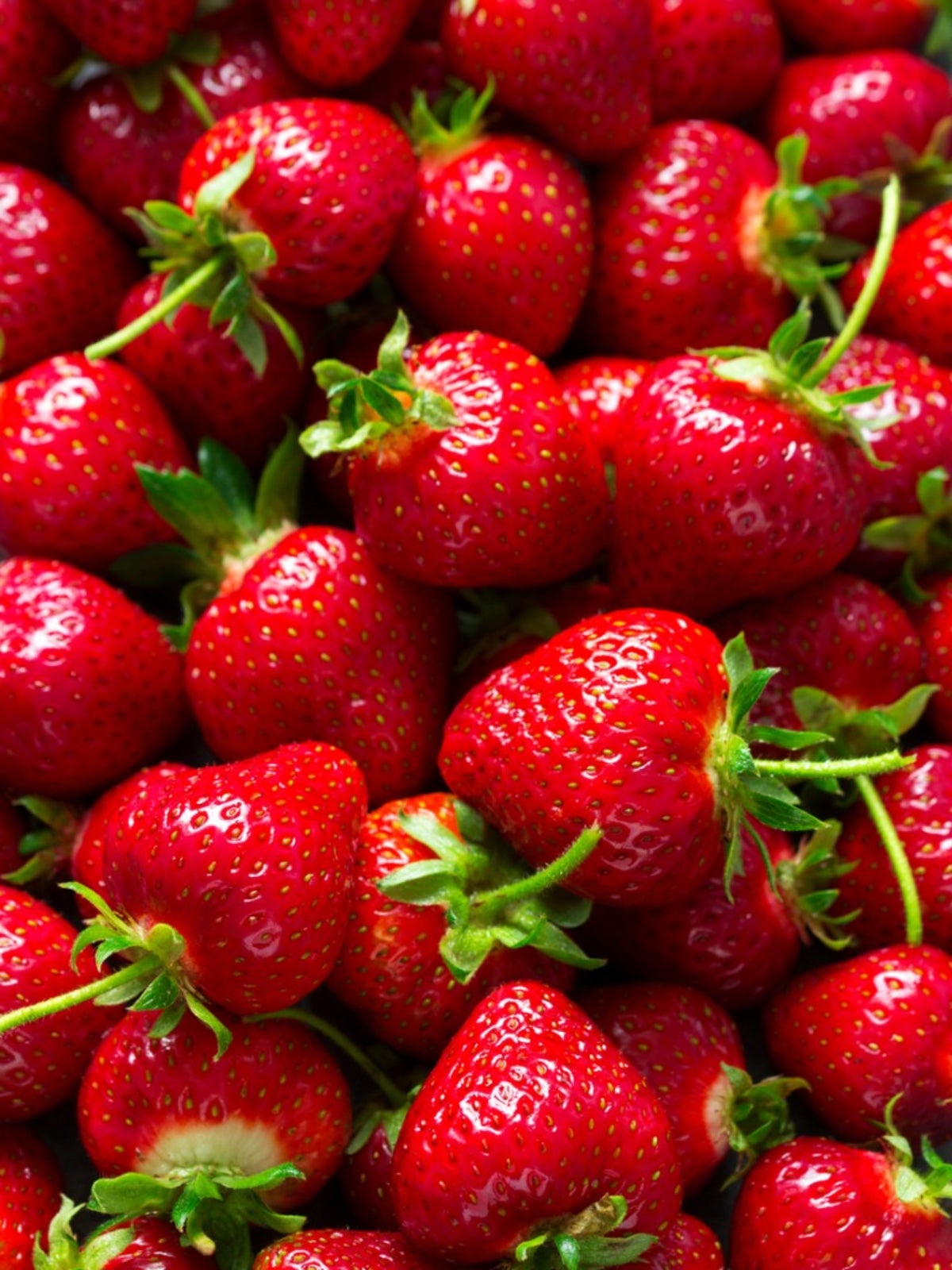Strawberry Plant Types: Learn About Different Kinds Of Strawberry Fruit


Sign up for the Gardening Know How newsletter today and receive a free copy of our e-book "How to Grow Delicious Tomatoes".
You are now subscribed
Your newsletter sign-up was successful
Strawberries are a perennial summertime favorite. Whether you love strawberry shortcake, berries over ice cream, or simply fresh berries as an anytime treat, choosing the right strawberry plant types can help you satisfy your yen for these juicy red fruits.
Picking the right kinds of strawberry fruit for your zone and site situation will enhance your crop and keep you in berries for an extended period of time. Start with your zone and growing season information as you decide the best strawberry varieties for your home garden.
Three Main Strawberry Varieties
Picking the right strawberry cultivar requires a combined knowledge of hardiness, disease resistance, flavor, size, and time of fruiting. There are June-bearing, ever-bearing, and day-neutral strawberries, each with a different time and duration of fruiting.
You can also go all out and plant each of the three different types of strawberries in the garden. Just be prepared for the berry onslaught as the summer rolls around. Time of bearing is a major divider in the classes of strawberries.
- June-bearing plants have one monster crop of berries per year. June is the general time for bearing but that may be earlier or later depending upon your zone.
- Ever-bearing plants have more modest sized crops, but they can start producing as soon as there are 12 hours of daylight and continue bearing until the end of summer.
- Day-neutral strawberry plant types have three peak periods of fruiting. Usually these fall as early June, mid-July, and late August, which provides a nicely spread outcrop.
In addition to the time of fruiting, hardiness and the type of fruit are other considerations when planning the kinds of strawberry fruit you install.
Generally, the types of strawberry plants available at your local nursery are suitable for your zone. Cavendish is a very winter hardy variety as are Fort Laramie, Hecker, Kent, and Mesabi. A favorite of home gardeners in most zones is Surecrop, which reliably produces firm fruits in almost any region and soil type.
Other things to think about might be the resistance to diseases such as Verticillium wilt, anthracnose, and red stele. Additionally, some kinds of strawberry fruit do not send out runners.
Sign up for the Gardening Know How newsletter today and receive a free copy of our e-book "How to Grow Delicious Tomatoes".
If you are trying to contain the plants in a strawberry pot or some other situation, this is perfect, but if you want a big, sprawling berry patch, non-runner types can be limiting.
Finally, pick the plants that produce the fruit you prefer. Canners require firmer berries, like those from Shuksan, while sweet, perfect hand-to-mouth varieties might be Redchief or Earliglow.
Types of Strawberry Plants
There are few things like having your own strawberries in the garden. Simply stepping out your door and getting ripe, red fruits to cut onto your cereal every morning is a simple pleasure that should not be missed. A few of the best performers are listed here:
- Albion - Very resistant to disease, large, firm fruit, numerous runners (Day Neutral)
- Tillamook - Resistant to some disease, fruit is excellent for preserves or eating out of hand (Early)
- Northeaster - Large fruits and high yield (Early)
- Elsanta - Not resistant to some diseases but large, firm, sweet fruit (Day Neutral)
- Jewel - Big firm fruit, some resistance to leaf disease, moderate runners (Everbearing)
- Earliglow - Resistant to leaf and root diseases, very flavorful berries (Early)
- Quinault - Resistant to many diseases, large, soft fruit (Everbearing)
These are but a few varieties from which to choose, but your local extension or nursery can arm you with the optimum choices for your region. In addition, you may prefer to plant native strawberries. These make excellent groundcovers and are hardy and resistant to most diseases. Native strawberry types include:
- Alpine strawberry
- European strawberry
- Fraises de Boise
- Woodland Alpine strawberry
- Wild strawberry

Bonnie Grant is a professional landscaper with a Certification in Urban Gardening. She has been gardening and writing for 15 years. A former professional chef, she has a passion for edible landscaping.